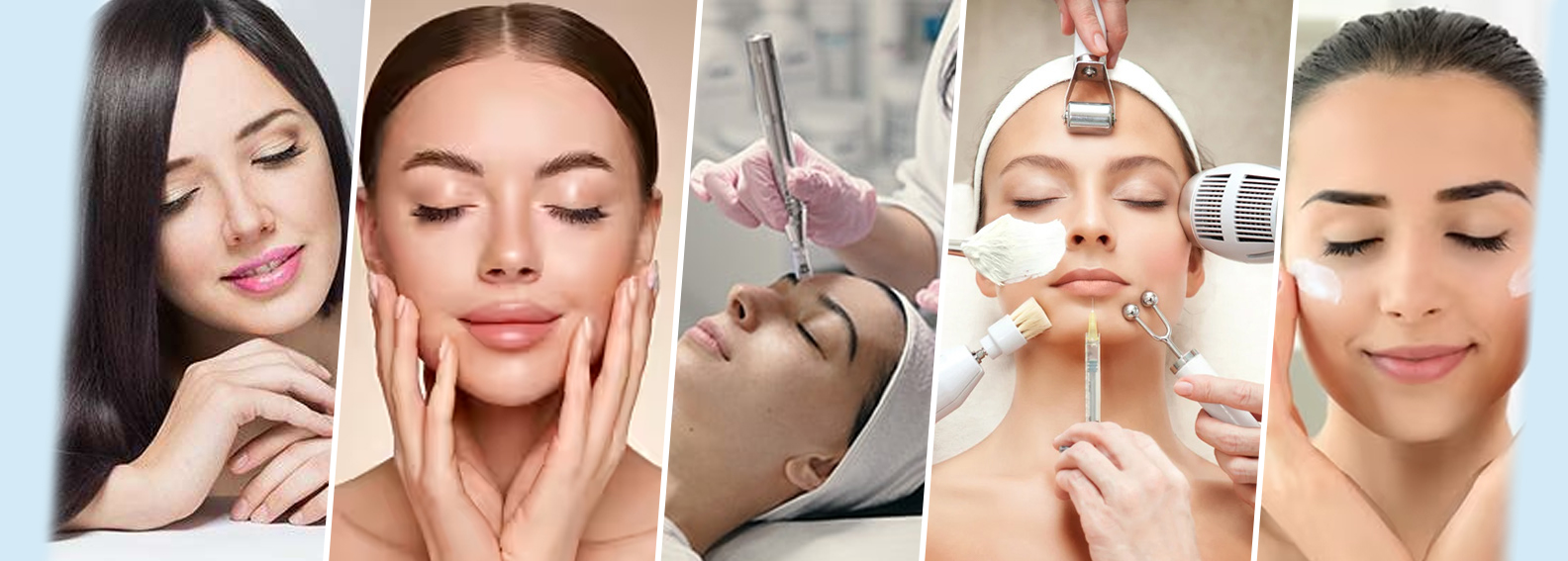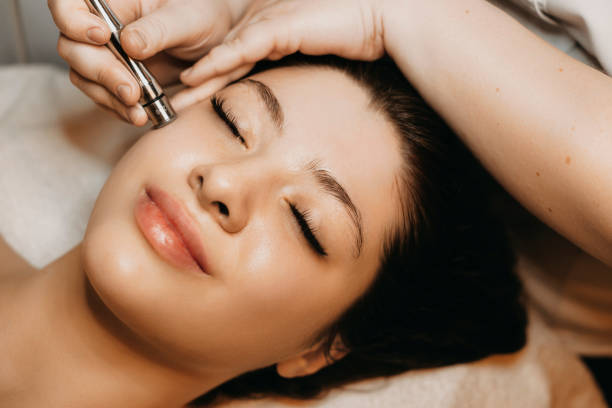The Battle against Acne Scars: Unveiling Effective Solutions
Acne, a common skin condition, can often leave behind a lasting reminder in the form of acne scars. These scars can be a source of frustration and self-consciousness for many individuals, impacting their self-esteem and overall well-being. However, there is hope! In this blog, we will explore the different types of acne scars, understand their causes, and uncover effective solutions to help you regain confidence in your skin.
Understanding Acne Scars:
Acne scars are the result of the body's natural healing process after severe or prolonged acne breakouts. There are various types of acne scars, including atrophic scars (icepick, boxcar, and rolling scars) and hypertrophic or keloid scars. Atrophic scars are depressions in the skin, while hypertrophic scars are raised and may extend beyond the original acne area.
Causes of Acne Scars:
Acne scars develop when the skin's collagen production is disrupted during the healing process. Several factors can contribute to the formation of acne scars, such as severe acne, picking or squeezing pimples, genetics, and delayed or inadequate treatment of acne.
Prevention is Key:
The best approach to acne scars is prevention. By actively managing acne breakouts, you can minimize the risk of developing scars. Establish a skincare routine that includes gentle cleansing, exfoliation, and the use of non-comedogenic products. Avoid picking or popping pimples, as this can lead to further inflammation and scarring.
Effective Treatments for Acne Scars:
a) Topical Treatments: Over-the-counter creams and gels containing ingredients like retinoids, hydroquinone, and alpha hydroxy acids (AHAs) can help fade mild acne scars. Prescription-strength topical treatments, such as tretinoin and corticosteroids, may be recommended for more severe scars.
b) Chemical Peels: Chemical peels involve the application of a chemical solution to exfoliate the top layer of the skin, revealing smoother skin underneath. This procedure can help reduce the appearance of acne scars and stimulate collagen production.
c) Microneedling: Microneedling is a minimally invasive procedure that uses tiny needles to create controlled micro-injuries in the skin. This process stimulates collagen and elastin production, leading to the reduction of acne scars over time.
d) Laser Resurfacing: Laser treatments, such as fractional laser resurfacing, can target and remove damaged skin cells, allowing new, healthier skin to grow. These procedures promote collagen production and can effectively minimize the appearance of acne scars.
e) Dermal Fillers: For certain types of acne scars, dermal fillers can provide temporary improvement. Fillers help elevate depressed scars by injecting substances like hyaluronic acid into the skin, providing volume and a smoother appearance.
It's crucial to consult with a dermatologist or a skincare professional experienced in treating acne scars. Dr. Ankit Mehra assess your specific situation and recommend the most appropriate treatment options tailored to your needs.
Conclusion:
Acne scars don't have to be a lifelong burden. With the advancements in dermatological treatments, you can take proactive steps to reduce their appearance and restore your confidence. Remember, prevention is key, but if scars have already formed, seek professional guidance to explore the most suitable treatments for your skin. Embrace your journey towards smoother, more radiant skin and let go of the insecurities that acne scars may bring.


